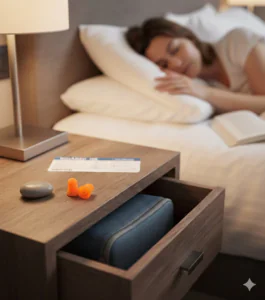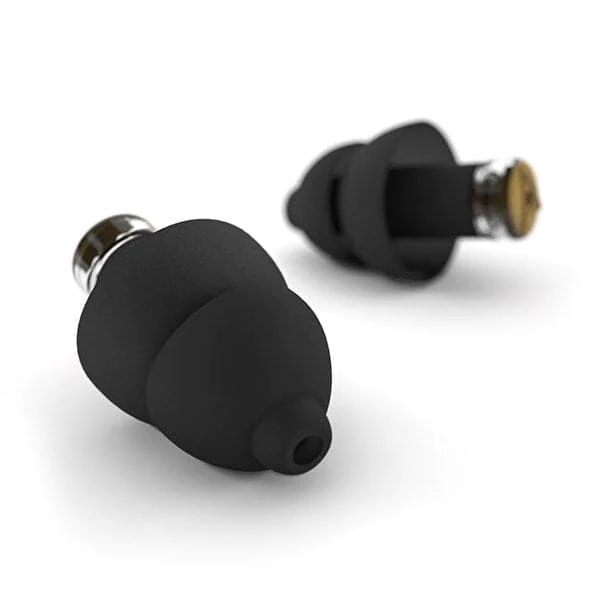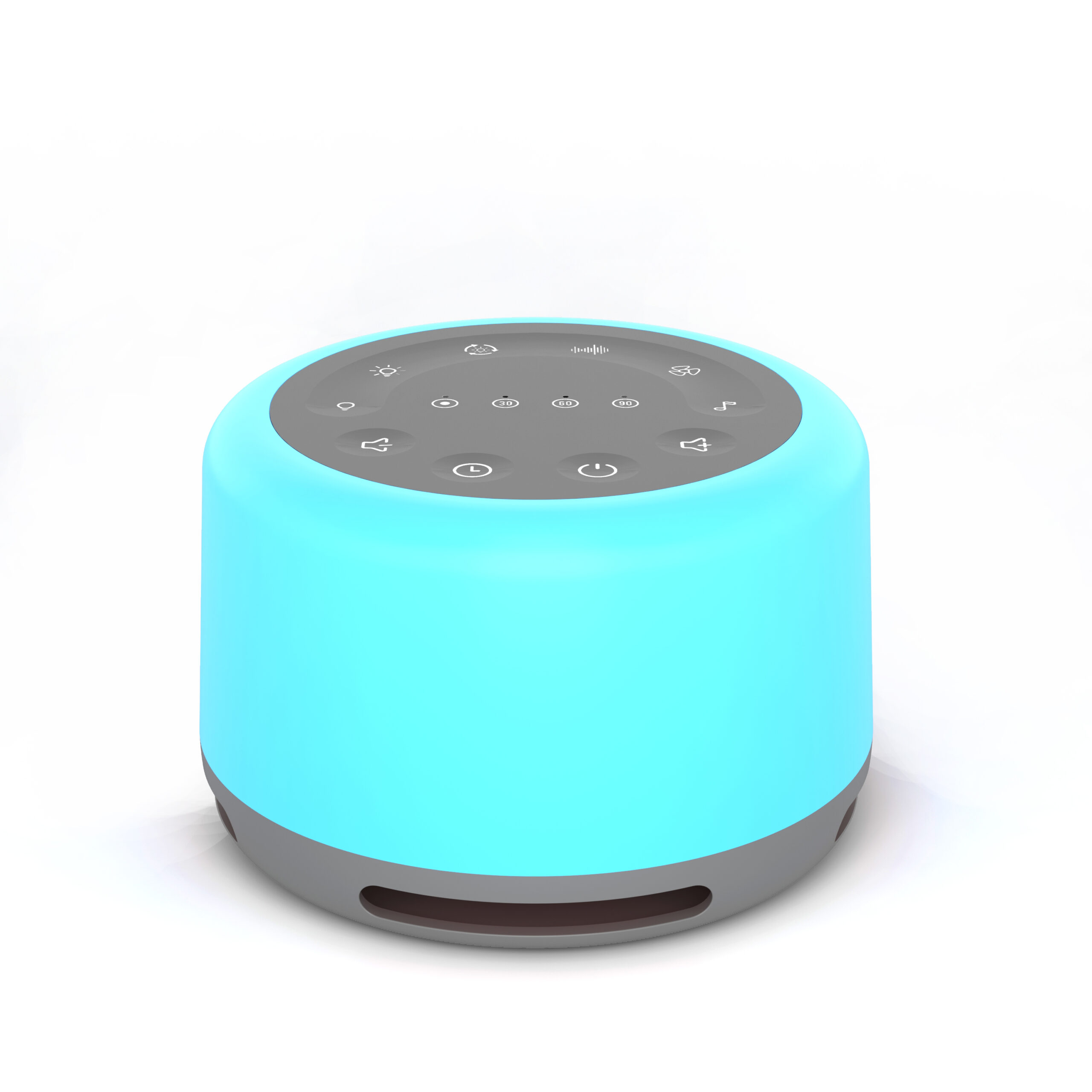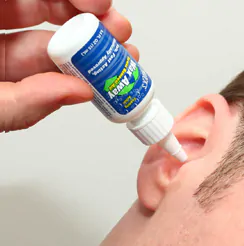Blog
10 Reasons Why Sleep is Important
- Daniel Hastings
Table of Contents
Sleep plays a key role in maintaining one’s health. In fact, it’s equally important as diet and exercise — but unfortunately, it’s often overlooked. Almost 60% of Australians report experiencing one symptom of poor sleep at least thrice a week. Aside from the consequences on health and well-being, poor sleep also costs the economy billions in productivity losses.
In this article, you will learn the benefits of proper sleep and the reasons why sleep is important. So, let’s dive in.
Benefits Of Perfect Sleep:
Here are some physical health benefits of getting proper sleep.
Restores and repairs the body
- During sleep, the body goes into a state of rest and rejuvenation.
- Cellular and tissue repair processes are more active during sleep, helping to heal and recover from daily wear and tear.
Tissue growth and repair
- Sleep promotes the growth and repair of muscles, tissues, and cells.
- This is vital for maintaining and enhancing physical health, especially for athletes and individuals recovering from injuries.
Immune system support
- Sleep boosts the immune system by facilitating the production of immune cells and antibodies.
- Adequate sleep helps the body defend itself against infections and illnesses.
Regulates metabolism
- Sleep plays a role in regulating metabolic processes in the body.
- It influences how the body stores and uses energy, impacting factors like weight, blood sugar, and overall metabolic health.
Weight management
- Sleep influences appetite-regulating hormones, such as leptin and ghrelin.
- Poor sleep can disrupt these hormones, leading to increased appetite, overeating, and weight gain.
Hormone balance
- Sleep is essential for maintaining a balance in various hormones, including insulin, cortisol, and thyroid hormones.
- Proper hormone balance is crucial for metabolic health, energy levels, and overall well-being.
10 Reasons Why Sleep is Important
Here are 10 reasons why improving the length and quality of your sleep is crucial.
1. Lower Risk of Accidents
According to one study, a lack of shut-eye is linked to more than 3,000 deaths in Australia annually. When someone is sleep-deprived, their brain’s reaction time slows down and prevents them from being alert. Not getting enough sleep can make you more likely to get into a driving or industrial accident.
2. Better Memory and Focus
Have you ever experienced your memory going really foggy? It’s possible that a lack of sleep is the culprit. Without sleep, we have trouble focusing and remembering details because the brain doesn’t get enough time to store memories. Sleep allows your brain to process new information and prepare you for what’s coming next.
Aromatherapy Essential Oils have been used for thousands of years, to aid in creating a space of calmness & clarity, which can assist in concentration, alertness, and memory.

3. Increased Productivity
It may seem like pulling an all-nighter is the more productive option, but not getting eight hours of rest can actually lead to more mistakes. Sleep allows your body to perform its housekeeping functions, like removing the toxins in your brain, which build up when you’re awake, thus ensuring that you’re refreshed for the day ahead.
White Noise is perfect for masking unwanted noise to help you achieve Zen and improve your efficiency, whether it be for study, sleep, or relaxation.
4. Improved Exercise Quality
Our bodies heal when we’re asleep, so not getting enough rest robs you of energy and time for muscle repair. You may have slower reaction times, lagging hand-eye coordination, or less motivation to exercise, making it mentally and physically difficult to become active.

5. Stronger Heart
Around 5.6% of Australians have a condition related to cardiovascular disease. Not getting enough sleep can lead to severe heart health problems, because sleep decreases blood pressure. When you sleep, your heart and blood vessels get the opportunity to rest and regulate themselves.
6. Weight Gain Prevention
A well-rested person is a less hungry person. Sleep deprivation has a negative effect on the hormones that control appetite, so you’re more likely to indulge in junk food cravings when you lack sleep. And because you’re so tired, you won’t have any energy to exercise — which can definitely add extra kilos to your weight.

7. Immune System Boost
Your immune system wards off illnesses by identifying and destroying the harmful bacteria and viruses that attack the body. However, a lack of sleep can prevent your immune cells from recovering sufficiently; they may not attack as quickly, so you might get sick more often.
Diffuse essential oils with an Aromatherapy Diffuser to clear the air and fill your home with warm, uplifting scents. Health Defense, a blend of Cinnamon, Clove, Eucalyptus, Lemon, and Rosemary, has been known to help with cold and flu symptoms.
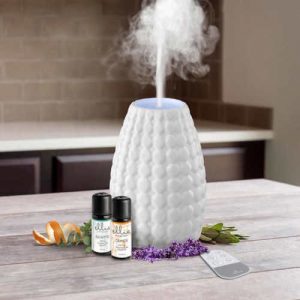
8. Controlled Moods
When you sleep, your brain is busy processing your emotions. Cutting your sleep short can lead to more negative emotional reactions than positive ones; a lack of sleep also raises the chances of having a mood disorder. In fact, insomnia is linked to depression, anxiety, and poor mental health.
This is particularly important if you’re preparing for a stressful event which most people associate with anxiety, such as a visit to the dentist or a doctor. In that sense, getting a good night’s sleep can help reduce your dental anxiety and boost your resilience to stress and anxiety for the long haul.

9. Blood Sugar Regulation
Restorative sleep can promote healthy blood sugar control. When we’re asleep, our blood sugar levels surge. In response, the insulin in the body handles it by instructing the cells to absorb the glucose from the blood. Sleep deprivation can increase insulin resistance and cause blood sugar levels to rise.
10. Lower Likelihood of Inflammation
Sleep loss can activate markers of inflammation and cell damage in the body. Sleep deprivation can trigger an inflammatory bowel disease that affects the gastrointestinal tract or promotes disease recurrence.
3 Tips for Better Sleep
Here are 3 bonus tips for you to get a healthy and better sleep.
1. Establish a sleep routine
For better sleep, you have to train your brain and body to recognize that it’s bedtime with some cues. You can take a warm bath, read a book, or listen to soft music to relax yourself. Switch off all electronic devices at least 30 minutes before bed because screens can confuse the body clock and overstimulate the brain.
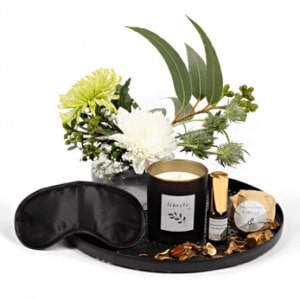
2. Keep work and sleep zones separate
Hybrid work arrangements can blur the line between rest and productivity, so setting up a workspace separate from your bedroom is important. In your home office, you can invest in ergonomic accessories like wrist rests and monitor stands to support your body. This can help you sleep without aches and pains. In your sleep zone, minimize sources of light and sound while keeping the area cool and comfy. White noise can help you mask any unwelcome sounds interrupting your sleep cycle.
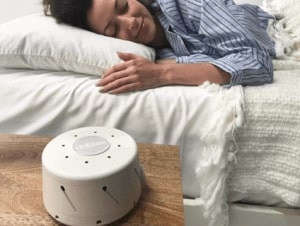
3. Plan your sleep schedule
Having a fixed bedtime can help you plan out your day for a good night’s rest. Count eight hours backward from your ideal wake-up time and make sure to sleep at this hour. Limit daytime naps and your intake of caffeine, nicotine, or alcohol to improve sleep quality.
The bottom line: Invest in quality sleep. Our sleep solutions can help you get enough rest to keep you healthy and happy. Contact us today to learn more about our products.
Conclusion
In conclusion, the one activity that can have a substantial impact on our physical health is our pursuit of productivity and performance.
Sleep’s positive effects on physical health are indisputable; they range from immune system support and heart protection to body restoration and metabolism regulation. We must emphasize sleep as a crucial component of our general health. We can live a longer, healthier, and more energetic life by appreciating the healing power of sleep.
The next time you consider staying up late, keep in mind that getting a good night’s sleep is crucial for both your physical well-being and lifespan.

